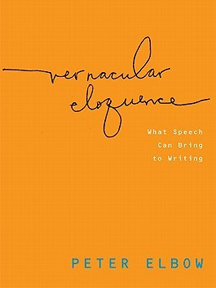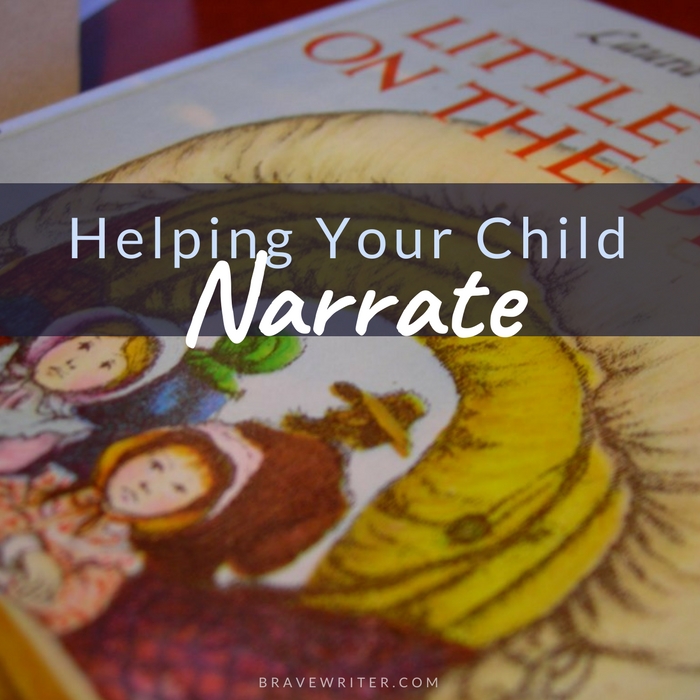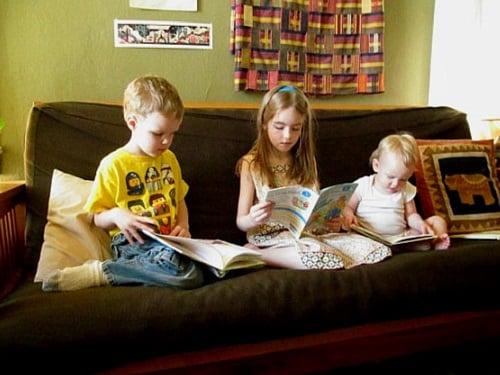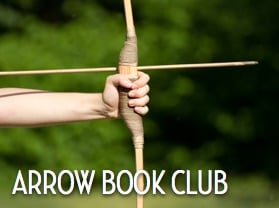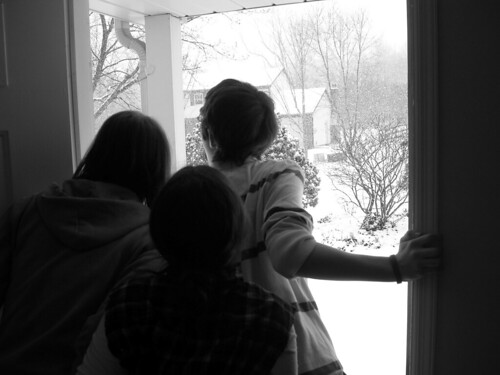
What is the relationship between speech and writing?
For those of you who are long-term Brave Writer fans, you’ll know that I refer to Dr. Peter Elbow as “my mentor.” His vision for writing has long guided how I teach.
[This post contains Amazon affiliate links. When you click on those links to make purchases, Brave Writer receives compensation at no extra cost to you. Thank you!]
When Peter Elbow’s new book Vernacular Eloquence hit the stores, it was thrilling to realize that Brave Writer has already captured and honed these very insights, but in the most practical way. We urge the kind of linguistic development Dr. Elbow examines in his research in this volume.
He and I have since dialogued about the way Brave Writer has evolved and explored that relationship through the most unique, yet effective context for writing growth: the parent-child editor-writer relationship.
The podcast today is about how to foster the various voices/registers needed for the variety of writing tasks our kids will face. How do we help them move between what Elbow calls “Edited Written English” (EWE) and the spoken language they use orally and in writing (online, in casual correspondence, when writing for popular audiences)?
Elbow says that EWE is “Shorthand: [for] ‘no mistakes.” This need to avoid mistakes is the key source of paralysis in the writing endeavor as many of you well know. Our aim to free the original writing impulse to come forth without undue pressure is what makes Brave Writer’s approach to writing different than other writing strategies.
Elbow goes on:
Students are constantly warned not to confuse their everyday speech with ‘serious’ writing. EWE or standardized written English is a dialect or language that differs in grammar and register from everyday speech.
He continues:
When students and others follow traditional advice and try for correctness at every moment, their language is often stiff, awkward, and unclear. Their attempts sometimes even lead them to the kind of peculiar mistakes people make when they try to use a language they don’t know well. Because of this, many people try to play it safe and stick to relatively simple sentences. When teachers look at student texts with this kind of simplified or plodding language, they sometimes blame speech—when really is was fear of speech that impoverished the syntax. When people let themselves genuinely speak onto the page, their language is more flexible and complex and sometimes eloquent.
Join Noah and me for a discussion of how these various “Englishes” manifest in the homeschool and what you can do to help support fluency in all of them.
Julie
Would you please post a review on Apple Podcasts for us?
Help a homeschooler like you find more joy in the journey. Thanks!

